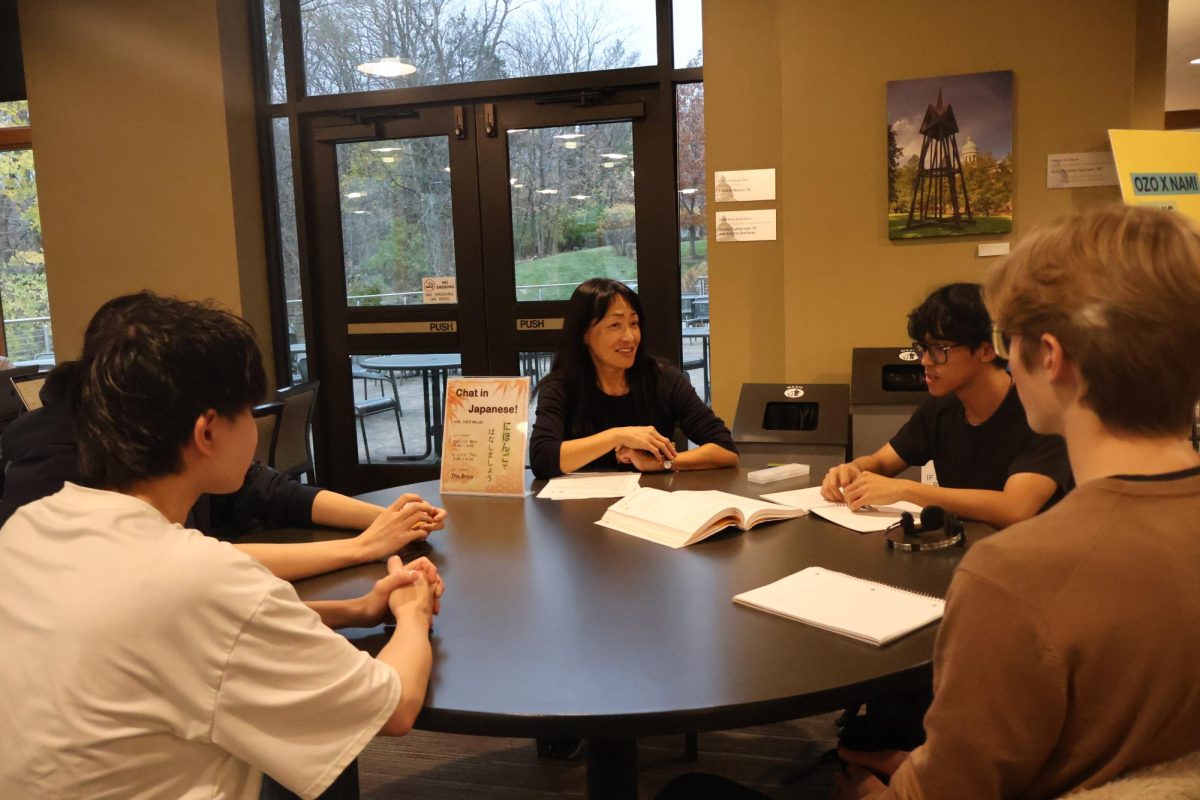Whenever there is an episode of mass violence, as has been happening all too frequently recently, the first thing I do is brace myself for the offensive media frenzy that will surround it.
This is not because the constant barrage of unsettling accounts and images quickly gets disturbing, or even annoying, although it certainly does. What offends me is the process by which these complex and tragic events are quickly and methodically reduced to absurdity through over-simplification.
We’ve all seen it happen before. An episode of mass violence occurs, like what recently happened at Fort Hood or a high school in suburban Pittsburgh, and people everywhere start trying to determine a cause, to find a simple way to explain the tragedy to those who have never experienced such a thing and to find a simple solution that would prevent any future instances of mass violence.
The truth is that these events are nowhere near as simple as the media makes them out to be. There are a plethora of causes and effects for each event, and no two events can be treated the same way. The media, in a vain attempt to make information about the events accessible, elicit an emotional response and remain courteous, only succeed in a reducto ad absurdum.
The result is a bilge of familiar archetypes. Perpetrators become psychopaths, maniacs, monsters and freaks. The victims become sob stories, helpless and hapless. The causes are reduced to such banalities as the availability of weapons, or the psychosocial situations of the perpetrators, with the solutions ranging from banning guns to making psychological help more readily available.
The truth is that these tragedies are inevitable. Their causes are so vast and diverse that no matter what is done, they can never be prevented. While we can certainly take action to avoid mass violence, and definitely we ought to, assuming that there is formula for preventing mass violence altogether is naïve and irresponsible.
One action we can take is consciously recognizing that what we are being told about these events is never the whole story. We can recognize that the perpetrators, while their actions are inexcusable, are just as human as you or I. We can do the same for the victims. We can avoid jumping to conclusions. The human mind prefers to find concrete answers, but in a complex and fluid world, this preference can rarely be satisfied.
These tragic events are complex beyond anyone’s comprehension and don’t neatly fit into a sense of a ‘bigger picture’. While nobody is expected to understand them in their entirety, only by recognizing this can we begin to handle these terrible events with the maturity and nuance they deserve.
Mass violence asks answerless questions
April 18, 2014
0
More to Discover









































































































